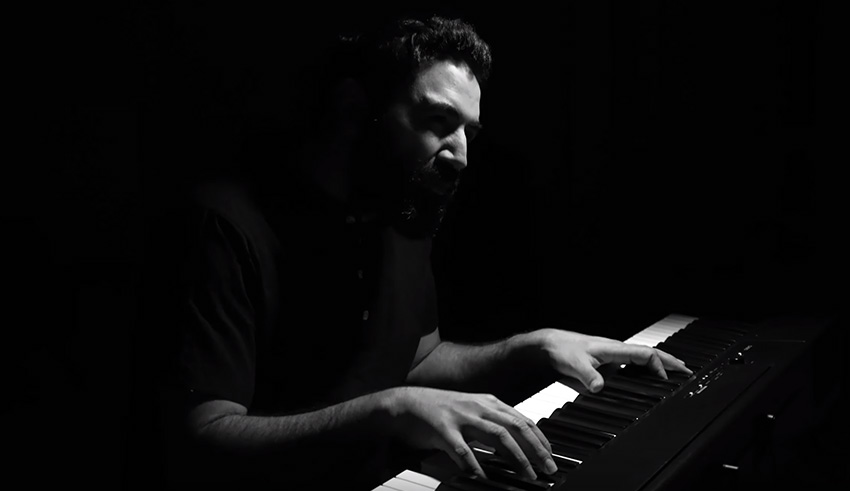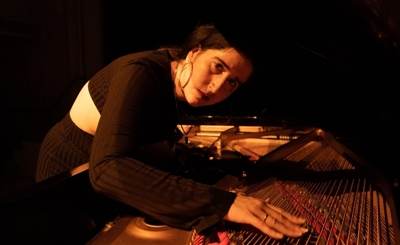Multi-instrumentalist Nasser Zok Releases Track ‘Kalimatin Sawaa’
On this debut release from the Lebanese fusion musician he takes on the topic of the intersection between religion and music.

It’s rare you see an artist doing the arrangement, writing the lyrics, doing the production, while simultaneously also playing all the instruments on a track. Nevertheless this is the case with Nasser Zok, who just recently released his debut single ‘Kalimatin Sawaa’. Besides being impressive music-wise the debut also touches upon a pressing subject that translates to the entire globe; religion and differences between branches of the same religion. Here specifically Zok talks about Islam
In the beginning of the song he raps: “A Sunni, Salafi or Sufi. An Shiite, Asfahani or Kufi. Aren't you using the same letters? A million explanations but the meaning is one”. Why be in conflict when everyone basically has the same message and meaning.
‘Kalmatin Sawaa’ is also experimenting with the borders between jazz and rap music. Nasser Zok, it seems, is a trained jazz-musician, but on this track he mixes his jazz-heritage with a rap-ish lyrical delivery, rapping out his message of peace between believers of all kinds. This way of delivering an important message in a rap form, has a long history and goes all the way back to American pioneers such as legendary musician and poet Jill Scott-Heron.
In the black and white music video for ‘Kalmatin Sawaa’ Nasser Zok appears in a very sparse setting seen playing the piano, drums and bass, panning and cutting between the different instruments. At one point Zok is also seen putting on a praying hat and counting prayer beads, but eventually he turns to playing his music instead.
The song is composed as a classic jazz tune, with his words being sung in between prolonged piano solos, with the instrumentation returning to the main theme and familiar melodic lines every time his vocal reappears.
The track is the first to come out of Nasser Zok’s ‘Sujud Bel Mawjud’ collection, which is set to be released later this year.
Watch the video and hear the song for ‘Kalmatin Sawaa’ below
- Previous Article test list 1 noise 2024-03-13
- Next Article Majazz Project Releases EP in Tribute to Juliano Mer Khamis
Trending This Month
-
Jun 14, 2025






















